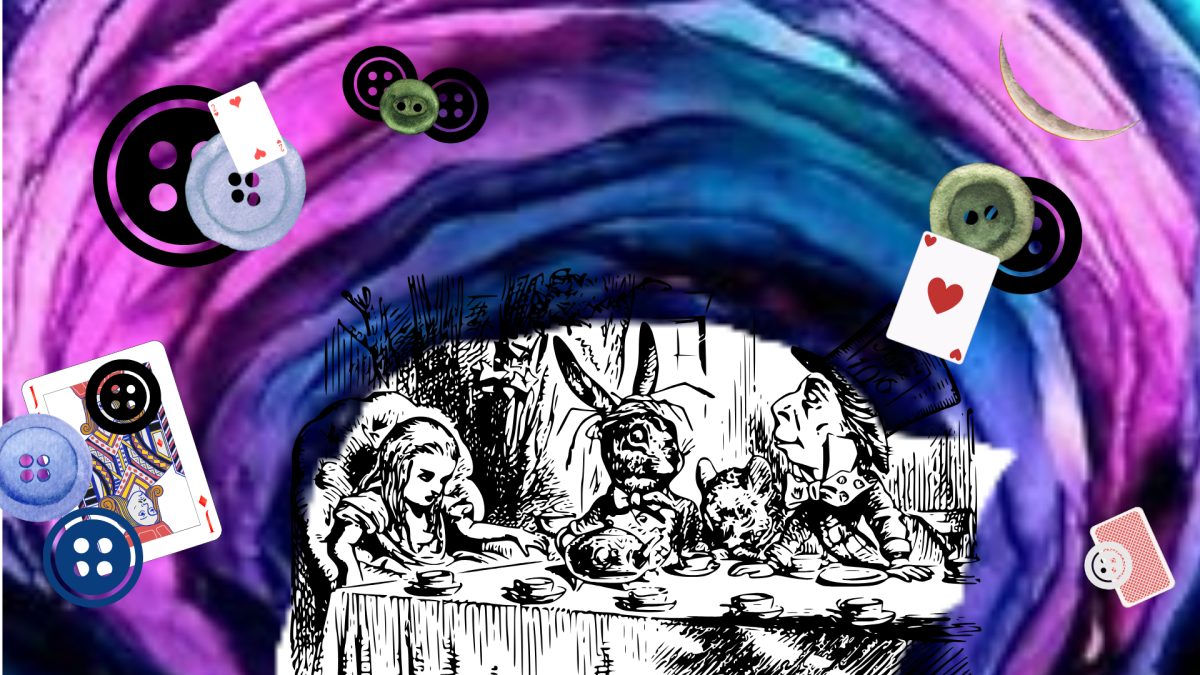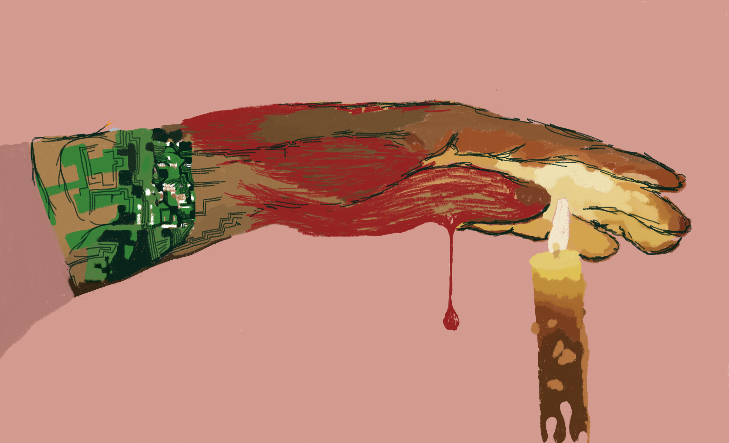Hollywood film legend Francis Ford Coppola recently released “Megalopolis,” a chaotic film whose references to Shakespeare and Ancient Rome make for a hard-to-follow, yet entertaining story fifty years in the making.
From the mastermind behind “Apocalypse Now” and “The Godfather,” “Megalopolis” is the epic feud between Cesar Catilina, played by Adam Driver, and Cicero, played by Giancarlo Espocito, who vye for control over the city of New Rome and its future.
Catilina follows the classic tortured-genius archetype, whose eyes look towards a beautiful utopian vision removed from his own worldly suffering. He comes from a wealthy family, which is divided between a Mark Antony-esque character trying to backstab Catilina and Catilina’s mistress, who mirrors Cleopatra.
Cicero is the corrupt statesman, the mayor of New Rome who seeks to retain the status quo of great societal division, building havens for the wealthy where homes are destroyed. Between him and Catilina stands his daughter Julia, who falls in love with Catilina.
The film takes great inspiration from classic literature, a famous characteristic of Coppola considering his adaptation of “Heart of Darkness” by Joseph Conrad into a modern telling in “Apocalypse Now.” “Megalopolis” specifically embodies Shakespeare in various ways, from the quoting of “Hamlet” by Cicero to the “Romeo and Juliet” love story between Julia Cicero and Catilina and the plot reflection of “Julius Caesar” with a more optimistic ending.
The revitalization of Shakespeare in “Megalopolis” makes the movie both refreshing and somehow cliche, as Shakespearean references are omnipresent in everyday life and are classic pieces of literature and storytelling. The melodramatic and over-the-top acting also reflects the Shakespearean influence in a way in which it isn’t clear whether the acting is supposed to mimic stage performance, or if the script is unintentionally cliche.
The classical inspiration is then superposed upon a stunning and vivid backdrop of a retro-futuristic imagining of New York City with a Roman flair. The film features vivid imagery which can hardly be described, such as the stunning images of Catilina sitting above the city at sunset at the beginning of the movie, or Cicero in his office, his desk sinking into mountains of sand.
Coppola appears to frame the movie as a cautionary tale of America’s current direction, taking Rome and setting into an American context, bringing the chariot racing and characters back. One can tell that he is trying to create an epic story that embodies the gluttony, greed, glamour and disenfranchisement of a stagnant power at the crossroads of collapse and renewal.
The first half of the film demonstrates the in-depth plot — characters are introduced essentially as pro- and anti-status quo, with complicated motivations and perspectives. The personal conflict which plagues Catilina takes place as he mourns the loss of his wife and the treachery of his family and mistress, Brutus and Cleopatra, respectively.
However, the plot line is quickly lost in the second half of the movie, which becomes more of a slideshow of the film’s characteristically beautiful and surreal visuals with little sensical transition or connection. It is as if the film is trying too hard to follow multiple plots at once, with main characters seemingly forgotten in an unintentional manner. At one moment, it is a love story with rich emotions, the next a struggle of political foes, the next a complete folly of random dialogue which contributes nothing to the story.
“Megalopolis” is in this sense the random compilation of a director’s multiple visions combined with societal commentary into one movie, as characters seem to have traits which contribute nothing to the storytelling itself. One moment, the story symbolizes constant distraction in partying and vice, the next Cesar Catilina is stopping time with the snap of a finger in a valueless addition to the plot.
This film is a great philosophical and artistic vision of a great director, without the execution, or perhaps the run time, for coherent storytelling. It is a story so mediocre, you find yourself struggling to take the movie seriously. What could have been a great societal reflection instead manifests itself as a great flop; a fall from grace for a legend.
Yet, the film somehow manages to keep a certain charm which makes it enduring and somehow lovable through its many flaws. Though the movie is almost impossible to explain, it is beyond entertaining to watch — it is a unique cinematic experience which is bound to earn its status as a cult classic.













